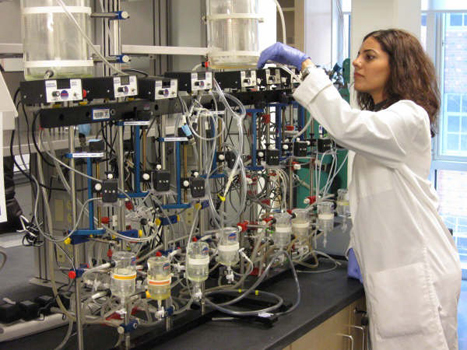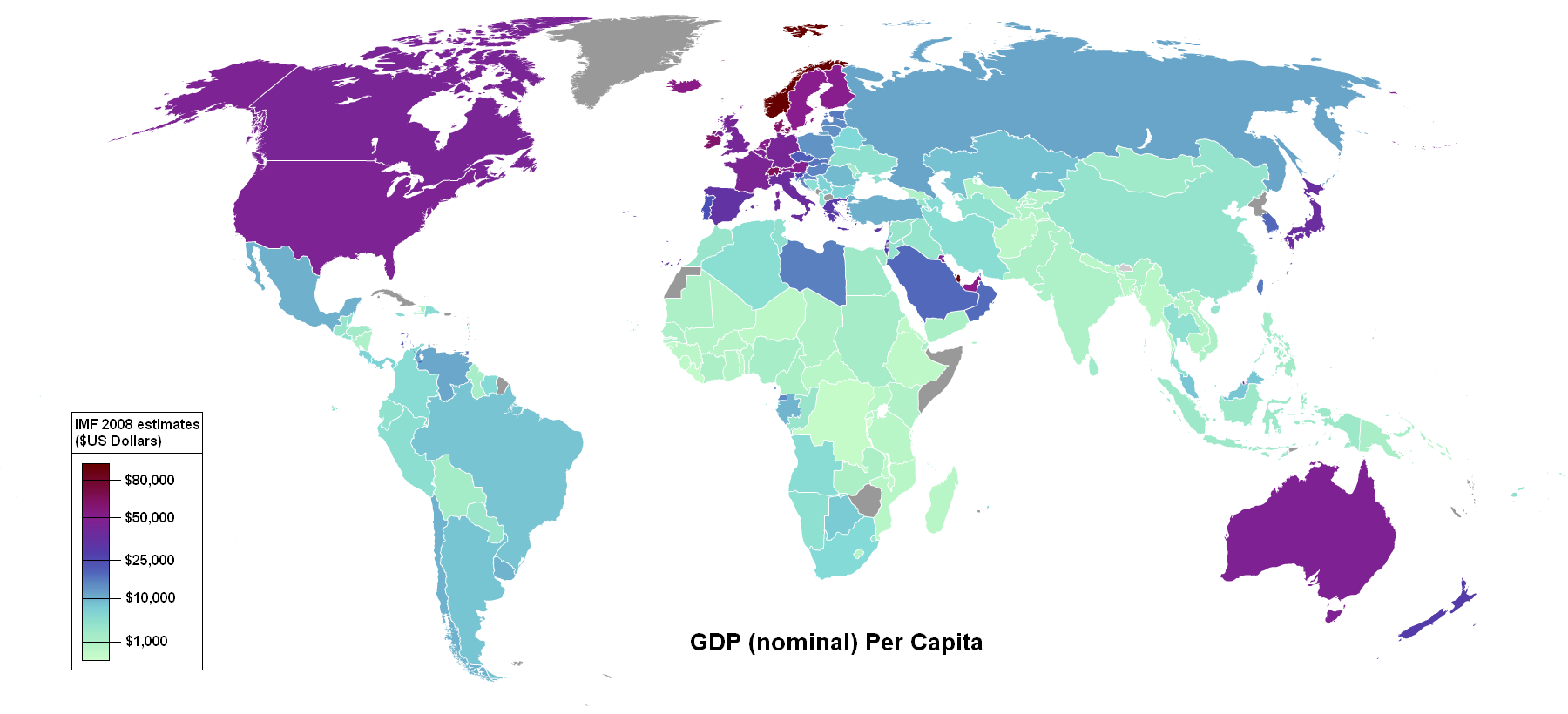The government plays vital role in the economy. Governments can affect the supply and/or demand by enacting many different policies. Among the various fiscal policies that government can enforce, one thinks that the two most effective policies are education & training and research & development. And one thinks that the two least effective policies are deregulation and reduction or elimination of minimum wages.
 To start with, education & training is one of the interventionist supply-side policies, in other words the government has a fundamental role to play in actively encouraging growth. In education & training policy, the government subsidizes the training program for people who lack necessary skills and knowledge. By providing the opportunity to learn necessary skills for free, the government is pulling advanced-skilled people to the labor pool.
To start with, education & training is one of the interventionist supply-side policies, in other words the government has a fundamental role to play in actively encouraging growth. In education & training policy, the government subsidizes the training program for people who lack necessary skills and knowledge. By providing the opportunity to learn necessary skills for free, the government is pulling advanced-skilled people to the labor pool.
For example, the government of Canada is helping aboriginal people in Meadow Lake, Saskatchewan, to develop skills they need to get and keep jobs. The government of Canada is investing $210 million over five years, and all aboriginal organizations are eligible to apply for funding programs.
The possible drawback of this policy is simply when the trained people still can’t get any jobs. But one thinks this drawback is inevitable and easy to solve, since there always will be demand for trained people later in time.
Another policy that one praises is research & development. This is another interventionist supply-side policy. Research & development is necessary because it may increase the economy’s potential output by developing and furthering production techniques. The government can encourage firms to jump on to research & development by either offering tax cuts on the retained profits used for R&D, or by financing R&D in public facilities and universities.
For example, right now the British car firm such as Jaguar Land Rover is seeking R&D tax cuts so that it can pump more money into the economy and create over 7,000 new jobs.
The possible drawback of this policy is the opportunity cost of tax cuts or direct investments. The government otherwise could spend that money on other public projects. Also, not all results come out as people wish – even though the government pours tons of money, there are many other factors in discovering new technology.
The first least effective policy that one thinks is deregulation. Deregulation is one of the market-oriented supply-side policies, which the government tries to let the market operate freely and intervene only little. Deregulation is when the government loosens the existing regulations on the operations of businesses. Since it may cost firms to abide by the regulations, deregulation will lower the costs. If the cost of production is lowered, than the firms now will produce more thus there would be an increase in aggregate supply.
For examples, right now the federal government in Nigeria is planning a deregulation of the oil sector. This, it predicts, will create jobs in the country. Emeka Wogu, the Minister of Labor, said that when the oil sector is deregulated, investors will come in and set up refineries and will be in a position to employ Nigerians.
One evident drawback of this policy, is of course, harm to the environment. Most regulation policies that are held currently are set to prevent the firms from harming the environment. Such regulation dictates firms to refine their wastes and keep track of them, and make sure it does not flow into the ecosystem. But once those regulations are lifted, than the firms may exert their waste regardless of the surrounding environment.
Another policy that one does not prefer is reduction or elimination of minimum wages. This is also one of the market-orientated policies. By setting up minimum wages, the government keeps the price of labor at a certain level that could burden the firms. If this minimum wage is reduced or eliminated, the firms will have decreased cost of production thus they will be an increase in aggregate supply.
One apparent drawback of this policy is that there will be so many people losing their earnings. The minimum wage, to people, is like a legal protection. If minimum wages are to be reduced, the firm would be happy but most of people would not. And since in most cases people did protest against the government, government is not likely to enact this kind of policy but will instead choose from other options.
 By buying stocks, people are investing their money into something that they never know what the result would be. The only thing investors can do is to speculate the future stock price, and to predict the stock price, they have to consider all the good and bad news (information). They want to buy a stock that steadfast, productive and in long-run. No one wants to invest in a fluctuating and limited-ability companies.
By buying stocks, people are investing their money into something that they never know what the result would be. The only thing investors can do is to speculate the future stock price, and to predict the stock price, they have to consider all the good and bad news (information). They want to buy a stock that steadfast, productive and in long-run. No one wants to invest in a fluctuating and limited-ability companies.

















